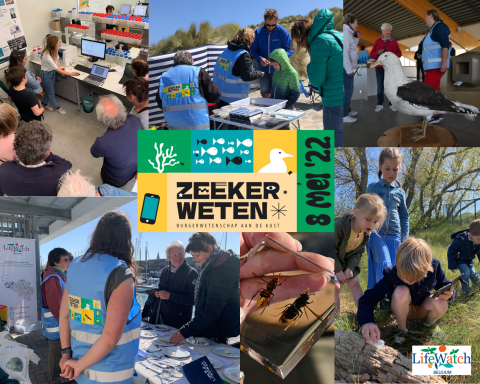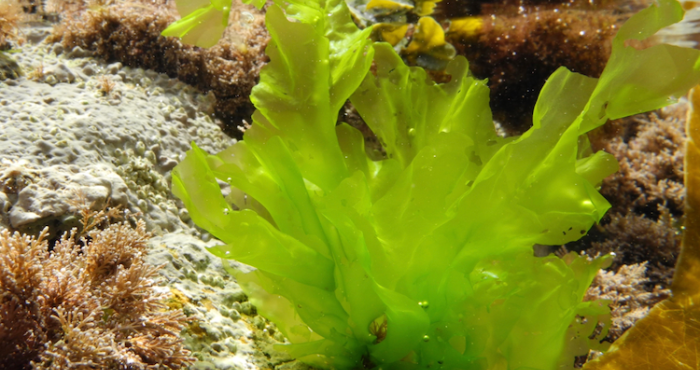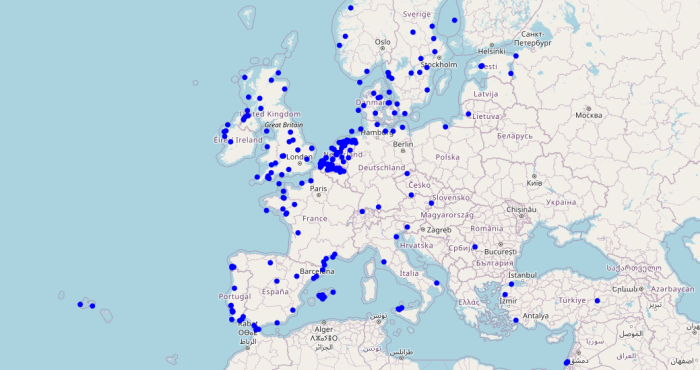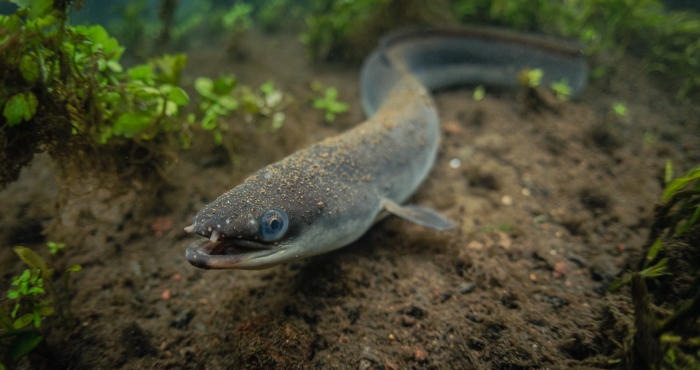ZEEKERWETEN, the first citizen science festival at the coast
How to involve citizens in biodiversity research? And how can we show citizens the beauty and the importance of the diverse fauna and flora in the Belgian part of the North Sea and the coastal area? ZEEKERWETEN, the first science festival at the Belgian coast, lifts the participation of citizens in science to a higher level.

Citizen science can play a major role in data collection and processing. LifeWatch Belgium also pleads for more collaboration between scientists and citizens. It helps research and creates support among the wider public. The LifeWatch VLIZ initiatives SeaWatch-B and the annual Big Seashell Survey are good examples of this invaluable cross-fertilisation between citizens and scientists.
In order to give people the opportunity to get a taste of similar citizen science initiatives, the Flanders Marine Institute (VLIZ) organized – together with many other partners – the first citizen science festival at the Belgian coast: ZEEKERWETEN (to translate as “knowing for sure/shore”).
Together with experts, citizens learned tricks and tools to make the invisible life visible at sea, on the beach, in the dunes and elsewhere on the coast. By doing that, they get the chance to become a real citizen scientist.
Several LifeWatch Flanders colleagues (INBO and VLIZ) hosted interesting stands with fun hands-on activities, such as: plankton and artificial intelligence techniques, differentiating alien shell species from native specimens, tracking seagulls, setting up a camera trap, recognizing and reporting the Asian hornet.
It turned out to be a surprising and fascinating open-air event for young and old, moving scientific knowledge to a higher level! With more than 90 experts and volunteers, about 1,200 citizens were brought closer to science. And participants could discover what a fantastic treasure of biodiversity the coast holds.
ZEEKERWETEN is part of the LifeWatch Belgium project.
Have a look at the 30 different activities on the website (Dutch only).
In order to give people the opportunity to get a taste of similar citizen science initiatives, the Flanders Marine Institute (VLIZ) organized – together with many other partners – the first citizen science festival at the Belgian coast: ZEEKERWETEN (to translate as “knowing for sure/shore”).
Together with experts, citizens learned tricks and tools to make the invisible life visible at sea, on the beach, in the dunes and elsewhere on the coast. By doing that, they get the chance to become a real citizen scientist.
Several LifeWatch Flanders colleagues (INBO and VLIZ) hosted interesting stands with fun hands-on activities, such as: plankton and artificial intelligence techniques, differentiating alien shell species from native specimens, tracking seagulls, setting up a camera trap, recognizing and reporting the Asian hornet.
It turned out to be a surprising and fascinating open-air event for young and old, moving scientific knowledge to a higher level! With more than 90 experts and volunteers, about 1,200 citizens were brought closer to science. And participants could discover what a fantastic treasure of biodiversity the coast holds.
ZEEKERWETEN is part of the LifeWatch Belgium project.
Have a look at the 30 different activities on the website (Dutch only).



